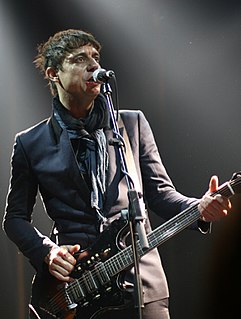A Quote by Anne Waldman
When [Allen] Ginsberg and I founded the Jack Kerouac School of Disembodied Poetics - that was 1974 - we referred to it by a term used by Sufi thinker Hakim Bey, as "temporary autonomous zones." That for me sums up some of Whitman's sense of a community of likeminded people with a certain kind of adhesiveness and connection and sharing of this ethos.
Related Quotes
Regarding R. H. Blyth: Blyth's four volume Haiku became especially popular at this time [1950's] because his translations were based on the assumption that the haiku was the poetic expression of Zen. Not surprisingly, his books attracted the attention of the Beat school, most notably writers such as Allen Ginsberg, Gary Snyder and Jack Kerouac, all of whom had a prior interest in Zen.
I was photographing the photographer Brassaï. He had very prominent eyes, like a frog's. As I focused my lens, he brought his hand up and pretended to focus his eye. It was a joke, but it added mystery to the picture. There's a sense of action in a very small world. Or with Allen Ginsberg there were people smoking cigarettes and in the smoke there's a sense of motion. It makes much out of very little.

































